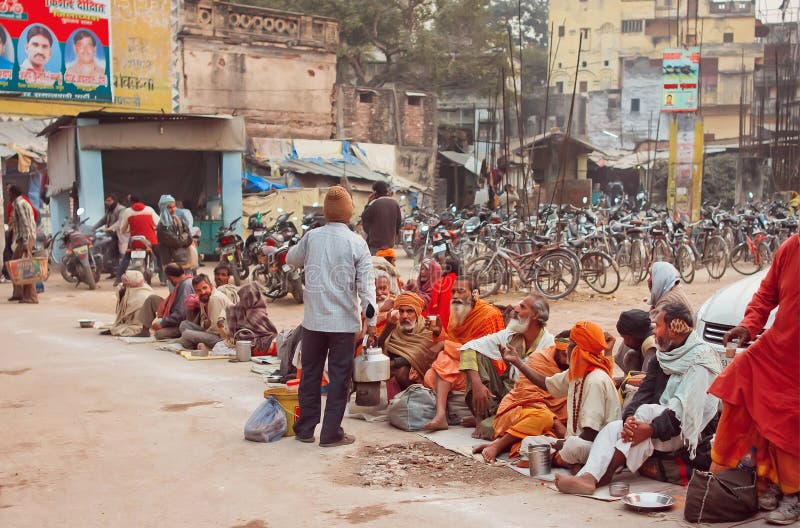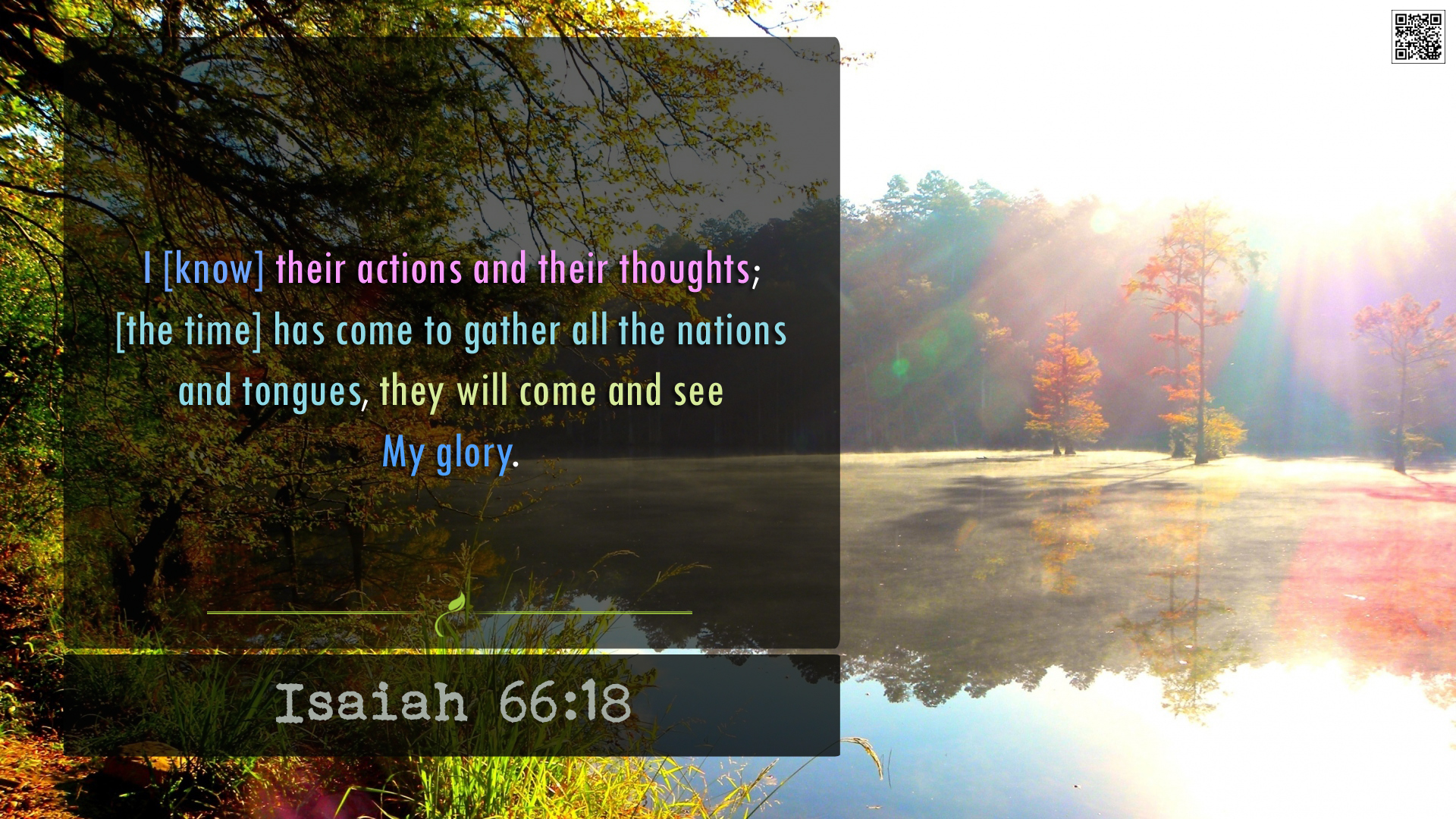by Thomas Jay Oord
July 2nd, 2018
In the book I’m currently writing, I address the question of heaven, hell, annihilation, and the afterlife. I take the logic of uncontrolling love to its eschatological end. And this process has led me to coin a label for my view, Relentless Love.
The Usual Afterlife Theories
The logic of uncontrolling love changes the way we think about the afterlife. If God’s self-giving, others-empowering love is necessarily uncontrolling and can’t control anyone or anything, what we do now and after we die makes an ultimate difference.
The view of God most people seem to have — what I call “the conventional view” — not only assumes what we do now is unnecessary for God’s purposes, it also assumes what we do after death is unnecessary. The typical scenarios say or imply God alone can decide our destiny.
Heaven and Hell
The most common afterlife scenario says God will decide some must go to heaven and others to hell. A person’s sin may influence that decision. Whether a person “accepted Jesus” or was faithful in some religion may influence it. How a person treated the last and the least on earth may affect what God decides. But nothing we do is essential. It’s up to God. The God with controlling power can do whatever he wants.
The heaven or hell scenario assumes God alone predetermined the criteria used to decide our destinies. God set up the rules, decides whom to punish or reward, and assures judgment is executed. The One who set up the rules can change them at any time, because God is the sole lawmaker, judge, and implementer.
This God answers to nothing and no one.
Universalism
The second scenario says God accepts everyone into heaven. Often called “universalism,” this view says a truly loving God wouldn’t condemn anyone to eternal torment. The punishment of everlasting agony doesn’t fit the crimes of 80 years (more or less) of earthly sin. Besides, a loving God forgives.
This scenario assumes its God’s prerogative to put everyone in heaven. And because God can control anyone at any time, heaven is ensured for all. But this also means that what we’ve done – good or bad – doesn’t ultimately matter. Our choices now don’t matter then to the God who, by absolute fiat, will decide to place us in heaven.
This God answers to nothing and no one.
Annihilation
The third afterlife scenario agrees that a loving God would not send anyone to eternal torment. But God destroys the unrepentant. God either annihilates them in a display of omnipotence or passively by not sustaining their existence. God causes or allows death God could singlehandedly prevent.
Both active and passive destruction extinguish the unrepentant. They disappear. A controlling God retains ultimate say over whether anyone continues existing. If sinners wanted to repent, it’s too late. God set up the rules and follows through with them.
This God answers to nothing and no one.
The Lawmaker, Judge, and Jury of One
In these afterlife scenarios, our actions don’t ultimately matter. They may tilt God’s decision one way or another, but they don’t have to. The Judge with the ability to control can singlehandedly save us, condemn us, or annihilate us.
All three scenarios assume God set up afterlife’s judicial system. Whether judgment involves heaven and hell, heaven only, or annihilation, God predetermined the rules. A God who singlehandedly decides the rules retains the ability to change them. It’s up to the Lawmaker, Judge, and Jury of One.
The God who answers to nothing and no one can alone decide our fates.
Relentless Love
There’s a better way to think about the afterlife. It builds upon the radical belief God needs our cooperation for love to flourish. It endorses our deep-seated intuition that our choices matter. And it says God’s love for everyone continues beyond the grave.
The better alternative agrees with other scenarios that our hope for true happiness now and later has God as its ultimate source. It disagrees, however, with scenarios that assume God alone can decide our fate. It says God always loves and seeks our love responses. When we and others cooperate, we enjoy well-being. When we do not, we suffer.
Let’s call this the “relentless love” view of the afterlife.
Rob Bell and Love Wins
The relentless love view follows the logic of uncontrolling love. To get at the details, let’s compare it to Rob Bell’s book, Love Wins. (Click for a full review of Rob’s book.)
Much of Love Wins addresses hell. The book raises to awareness among the general public what biblical scholars have known for centuries: the Bible provides little to no support for the view that hell is a place of everlasting torment. The traditional idea of hell doesn’t mesh well with Scripture.
This scenario assumes its God’s prerogative to put everyone in heaven. And because God can control anyone at any time, heaven is ensured for all. But this also means that what we’ve done – good or bad – doesn’t ultimately matter. Our choices now don’t matter then to the God who, by absolute fiat, will decide to place us in heaven.
This God answers to nothing and no one.
Annihilation
The third afterlife scenario agrees that a loving God would not send anyone to eternal torment. But God destroys the unrepentant. God either annihilates them in a display of omnipotence or passively by not sustaining their existence. God causes or allows death God could singlehandedly prevent.
Both active and passive destruction extinguish the unrepentant. They disappear. A controlling God retains ultimate say over whether anyone continues existing. If sinners wanted to repent, it’s too late. God set up the rules and follows through with them.
This God answers to nothing and no one.
The Lawmaker, Judge, and Jury of One
In these afterlife scenarios, our actions don’t ultimately matter. They may tilt God’s decision one way or another, but they don’t have to. The Judge with the ability to control can singlehandedly save us, condemn us, or annihilate us.
All three scenarios assume God set up afterlife’s judicial system. Whether judgment involves heaven and hell, heaven only, or annihilation, God predetermined the rules. A God who singlehandedly decides the rules retains the ability to change them. It’s up to the Lawmaker, Judge, and Jury of One.
The God who answers to nothing and no one can alone decide our fates.
Relentless Love
There’s a better way to think about the afterlife. It builds upon the radical belief God needs our cooperation for love to flourish. It endorses our deep-seated intuition that our choices matter. And it says God’s love for everyone continues beyond the grave.
The better alternative agrees with other scenarios that our hope for true happiness now and later has God as its ultimate source. It disagrees, however, with scenarios that assume God alone can decide our fate. It says God always loves and seeks our love responses. When we and others cooperate, we enjoy well-being. When we do not, we suffer.
Let’s call this the “relentless love” view of the afterlife.
Rob Bell and Love Wins
The relentless love view follows the logic of uncontrolling love. To get at the details, let’s compare it to Rob Bell’s book, Love Wins. (Click for a full review of Rob’s book.)
Much of Love Wins addresses hell. The book raises to awareness among the general public what biblical scholars have known for centuries: the Bible provides little to no support for the view that hell is a place of everlasting torment. The traditional idea of hell doesn’t mesh well with Scripture.
Rob believes in a type of hell, however. “We do ourselves great harm when we confuse the very essence of God, which is love, with the very real consequences of rejecting and resisting that love, which creates what we call hell,” he says. To refuse God’s love “moves us away from it… and that will, by very definition, be an increasingly unloving, hellish reality.”
I agree with Rob. What he calls “hell,” I call the natural negative consequences of choosing not to cooperate with God’s love.
Our Beliefs about God’s Love
The most important point in Love Wins is that our beliefs about God should shape our beliefs about what happens after death. We make the best sense of reality if we believe God’s nature is love. A loving God would not send anyone to everlasting torment. God always loves everyone and all creation. Rob and I agree on that too.
In my view, God doesn’t send anyone to hell singlehandedly. God can’t. The God whose nature is uncontrolling love also can’t force anyone into heaven. Such force requires control, and God’s love is uncontrolling. As far as I can tell, Rob doesn’t make this claim.
Love Wins isn’t clear about what it means to say, “love wins.” Does “winning” mean God never stops loving? Or does it also mean God’s love eventually persuades all to cooperate? And if God’s love persuades all, is this a guarantee or hope?
The Guarantees of Love
The relentless love view of the afterlife guarantees that love wins in several ways.
First, the God whose nature is uncontrolling love will never stop loving us. Because love comes first, God cannot stop loving us. Conventional theologies say God may or may not love us now. They say God may or may not love us after we die. God could choose to torture or kill. It’s hard to imagine any loving being sending others to hell or annihilating.
The relentless love view cannot make one guarantee, however. It cannot guarantee that every creature and all creation cooperate with God’s love, but love is like that. It does not force its own way (1 Cor. 13:5). Love cannot coerce. Love is always uncontrolling.
Because God’s love is relentless, however, we have good reason to hope all creatures eventually cooperate with God. It’s reasonable to think the God who never gives up and whose love is universal will eventually convince all creatures and redeem all creation. After all, love always hopes and never gives up (1 Cor. 13:7)!
Divine Love Sets the Rules
We earlier noted that conventional views assume God alone sets up the rules of final judgment. The conventional scenarios say God answers to nothing and no one. God freely sets up the rules, judges, and then implements the consequences. God alone decides all.
Things are different for relentless love. God didn’t singlehandedly set the rules of judgment long ago. In this view, God’s loving ways are expressions of God’s loving nature. The lawmaker, judge, and implementer of consequences is bound by the logic of divine love. Because God “cannot deny himself” (2 Tim. 2:13), God expresses uncontrolling love now and in the afterlife.
God answers to God’s own nature of love.
Conclusion
I agree with Rob. What he calls “hell,” I call the natural negative consequences of choosing not to cooperate with God’s love.
Our Beliefs about God’s Love
The most important point in Love Wins is that our beliefs about God should shape our beliefs about what happens after death. We make the best sense of reality if we believe God’s nature is love. A loving God would not send anyone to everlasting torment. God always loves everyone and all creation. Rob and I agree on that too.
In my view, God doesn’t send anyone to hell singlehandedly. God can’t. The God whose nature is uncontrolling love also can’t force anyone into heaven. Such force requires control, and God’s love is uncontrolling. As far as I can tell, Rob doesn’t make this claim.
Love Wins isn’t clear about what it means to say, “love wins.” Does “winning” mean God never stops loving? Or does it also mean God’s love eventually persuades all to cooperate? And if God’s love persuades all, is this a guarantee or hope?
The Guarantees of Love
The relentless love view of the afterlife guarantees that love wins in several ways.
First, the God whose nature is uncontrolling love will never stop loving us. Because love comes first, God cannot stop loving us. Conventional theologies say God may or may not love us now. They say God may or may not love us after we die. God could choose to torture or kill. It’s hard to imagine any loving being sending others to hell or annihilating.
1. It’s guaranteed the God of relentless love works for our well-being in the afterlife. Love wins.
The second guarantee relentless love offers is that those in the afterlife who say “Yes” to God’s love experience heavenly bliss. They enjoy abundant life in either a different (spiritual) body or as a bodiless soul. (I address these two views in chapter four of the book.) Those who say “Yes!” to God’s love are guaranteed life eternal.
2. It’s guaranteed those who cooperate with God’s relentless love enjoy eternal bliss. Love wins.
The third guarantee is that God never stops inviting, calling, and encouraging us to love in the afterlife. Although some may resist, God never throws in the towel. There are natural negative consequences that come from refusing love in this life and the next. But these consequences are self-imposed not divinely inflicted. God never gives up and never sends some to hell or annihilates.
3. It’s guaranteed God always offers eternal life and never annihilates or condemns to hell. Love wins.
As we consistently say “Yes” to God, we develop loving characters. The habits of love shape us into loving people. While God’s love always provides choices, those who develop loving characters through consistent positive responses grow less and less likely to choose unloving options. This may happen quickly or take more time. But when we taste and see that love is good, and as love builds our spiritual bodies, we’re less likely to lust for junk food! Beyond the grave, this love diet rehabilitates. We’re guaranteed to become new creations when we cooperate with love!
4. It’s guaranteed consistent cooperation with God’s relentless love builds loving characters in us. Love wins.
The relentless love view cannot make one guarantee, however. It cannot guarantee that every creature and all creation cooperate with God’s love, but love is like that. It does not force its own way (1 Cor. 13:5). Love cannot coerce. Love is always uncontrolling.
Because God’s love is relentless, however, we have good reason to hope all creatures eventually cooperate with God. It’s reasonable to think the God who never gives up and whose love is universal will eventually convince all creatures and redeem all creation. After all, love always hopes and never gives up (1 Cor. 13:7)!
Divine Love Sets the Rules
We earlier noted that conventional views assume God alone sets up the rules of final judgment. The conventional scenarios say God answers to nothing and no one. God freely sets up the rules, judges, and then implements the consequences. God alone decides all.
Things are different for relentless love. God didn’t singlehandedly set the rules of judgment long ago. In this view, God’s loving ways are expressions of God’s loving nature. The lawmaker, judge, and implementer of consequences is bound by the logic of divine love. Because God “cannot deny himself” (2 Tim. 2:13), God expresses uncontrolling love now and in the afterlife.
God answers to God’s own nature of love.
Conclusion
























